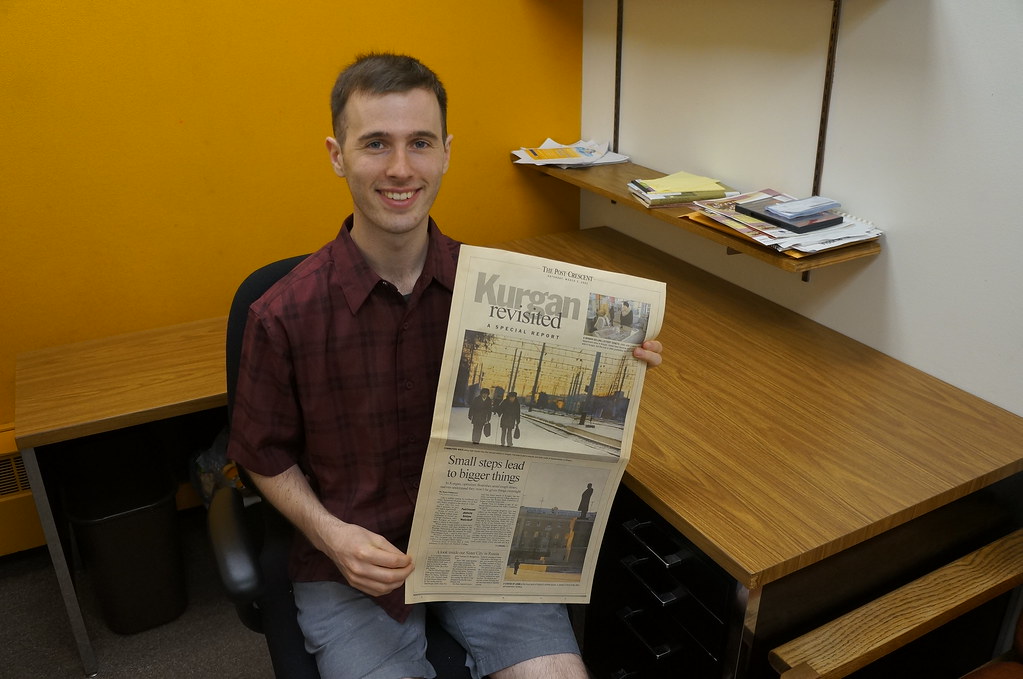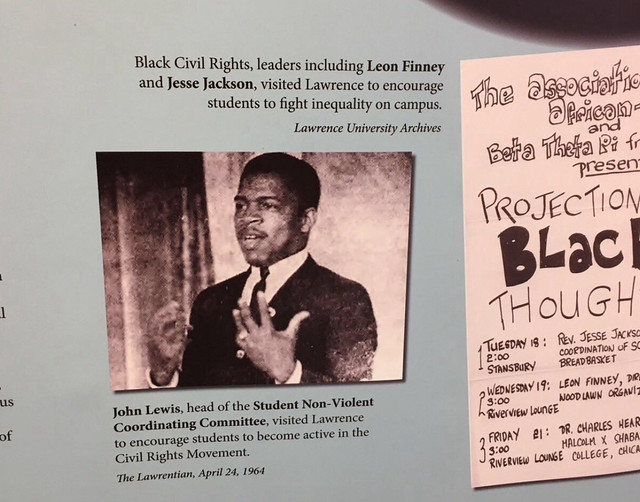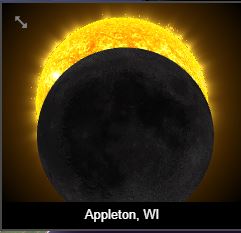By now, many of you have reached out to our reference librarians by email, phone, chat, our web form, and now, our reference kiosk.
We provide solid research assistance, as well as help with navigating our wide array of electronic resources.
Have you met Lina? If so, you’ll know she is enthusiastic about helping you and supporting your academic success.
She is also our University Archivist, so she loves providing our community with access to the wealth of primary sources and interesting historical ephemera that she carefully curates.
Read on to learn more about this multi-passionate Reference Librarian-slash-University Archivist-slash-all around wonderful person (and alumna)!
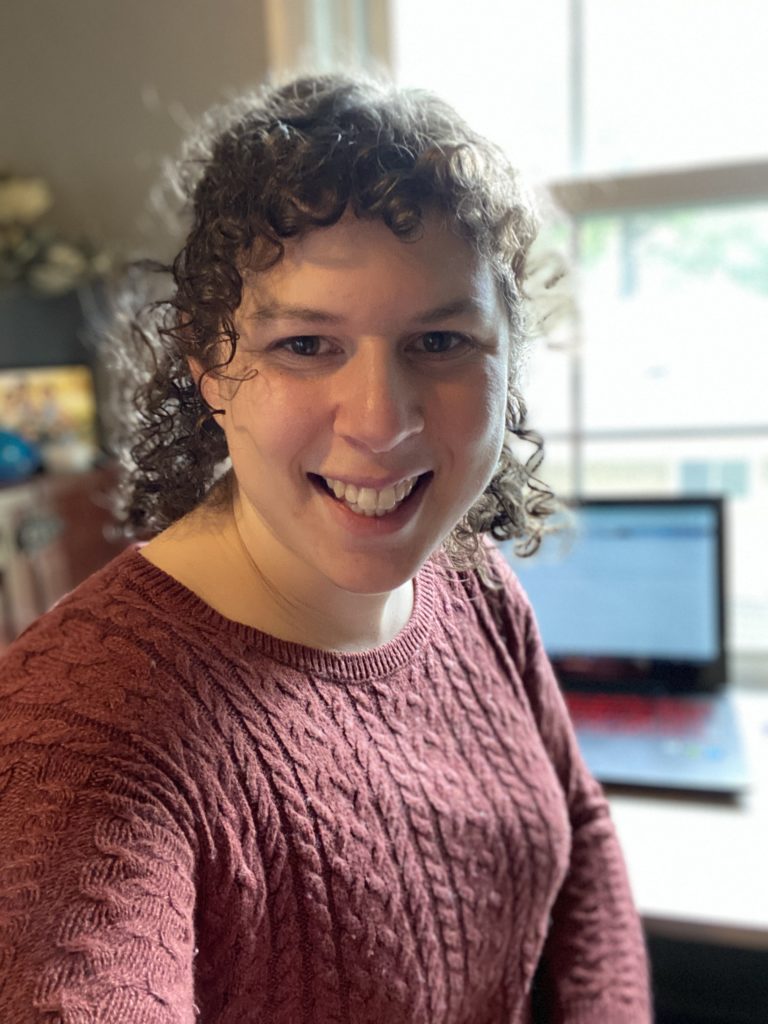
Undergrad Major: Environmental Studies (from this fine institution!)
Favorite Book: Pride & Prejudice by Jane Austen
Favorite Hobby: Anything outside- camping, hiking, mountain biking
Favorite Database: Artstor, because not only can you find a bunch of things from the Archives and the Wriston Art Galleries, but also art and architecture from around the world.
Pets: Only the squirrels in my backyard
Best part of being a Reference Librarian: Learning something new because of a question someone’s asked
Anything else: Vote! Register to vote, and get your friends and family to do it too- it’s easy and quick, and your civic duty.

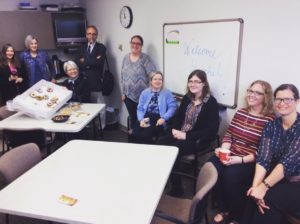
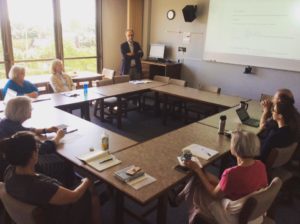
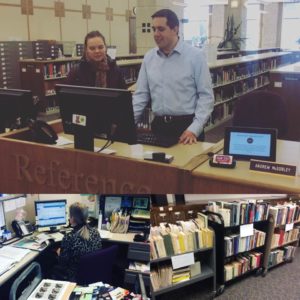

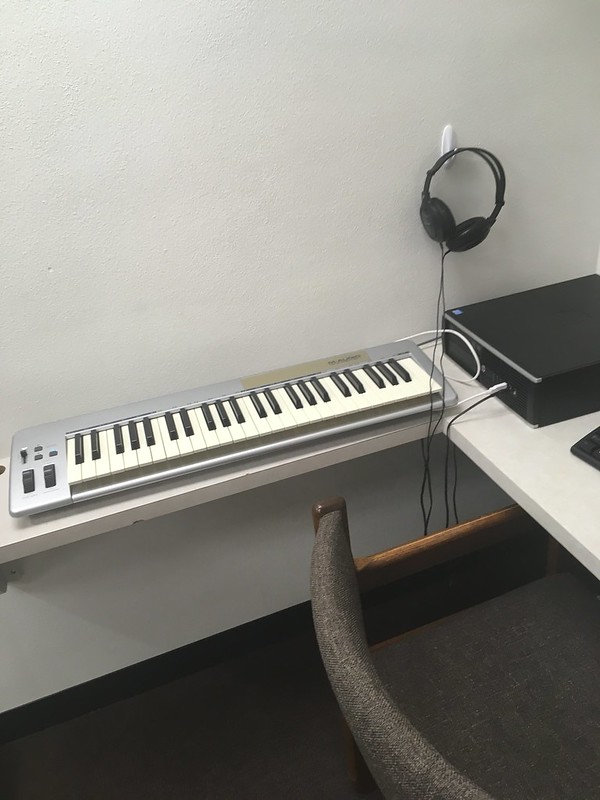
 Get ready for the upcoming annual
Get ready for the upcoming annual 